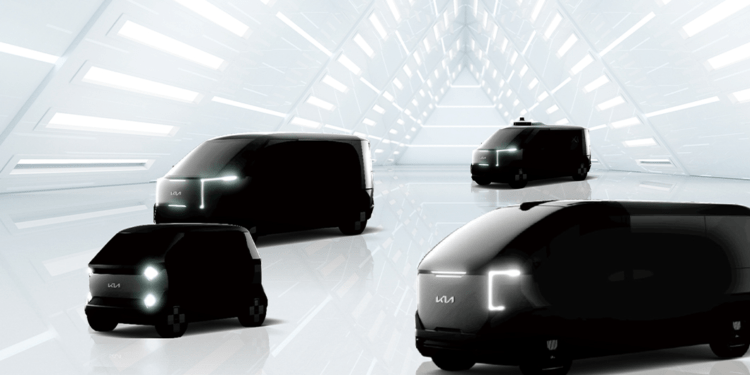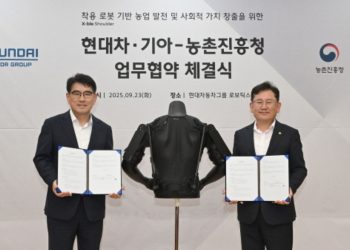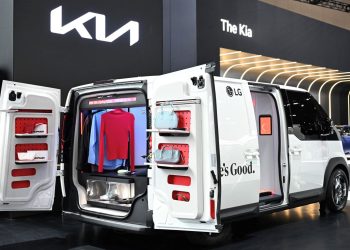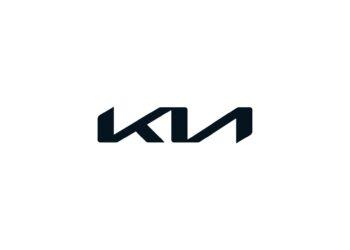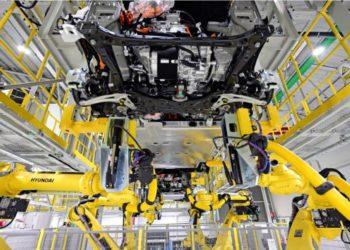South Korea’s Kakao Mobility, a ride-hailing subsidiary of Kakao and Kia Corporation, an automobile maker, signed a memorandum of understanding (MOU) on Thursday. Both companies plan to develop a purpose-built vehicle (PBV) for ride-hailing services and an integrated platform that links vehicle operation data and software.
Under the new agreement, Kia will customize PBVs using vehicle operation data and fulfill Kakao Mobility’s specific ride-hailing requirements. The mid-sized PBV is expected to launch within two years. The upcoming development process will provide valuable data and insights for future projects.
The companies aim to globalize their PBV model in leasing logistics, car rentals, and transportation, particularly for passengers with disabilities. Kakao Mobility and Kia plan to collaborate to secure and integrate vehicle operation.
They also plan to utilize status-related data, integrate in-vehicle infotainment (IVI) systems with mobile-based services. Once the services are developed, both companies will conduct verification tests, and after the success, they plan to launch their services by 2025.
Kia’s CEO, Ho Sung Song, believes that his company’s expertise in mobility technologies and Kakao Mobility’s expertise in software and platforms will create optimal synergies. It will furthermore build a new value in the mobility service market. It can also help Kia transform into a sustainable mobility solutions provider at a faster rate.
Kia aims to become the world’s leading brand in the global PBV market. Meanwhile, to achieve this goal, Kia is partnering with various mobility service providers in the market. Kia held a groundbreaking ceremony for its PBV plant last year. They plan to start mass production of PBVs by the second half of 2025.
Kakao Mobility acquires Splyt
In March this year, Kakao Mobility acquired the UK-based Splyt, a mobility technology specialist for an undisclosed sum. The founders established Splyt in 2015. Splyt provides mobility services to platforms like Cabify, Grab, Careem, and Booking Holdings.
Many South Korean companies, like Kakao Mobility, are seeking global expansion, providing services to South Koreans and foreign visitors.
Whereas, Kia tested its Carens EV in April this year. They expect to launch this electric car in the next two years. This electric car has a similar body shell to the internal combustion engines (ICE) version. It has a large glasshouse and a front fascia that looks like a multi-purpose vehicle (MPV). However, the EV has aero-optimized wheels that look slightly larger.
Kakao Mobility and Kia expect to improve the current mobility service market in South Korea through their partnership. They are going to focus on personalizing mobility solutions for users.
In the coming years, Kakao Mobility and Kia plan to also provide additional services like charging, parking, and related services to consumers.

